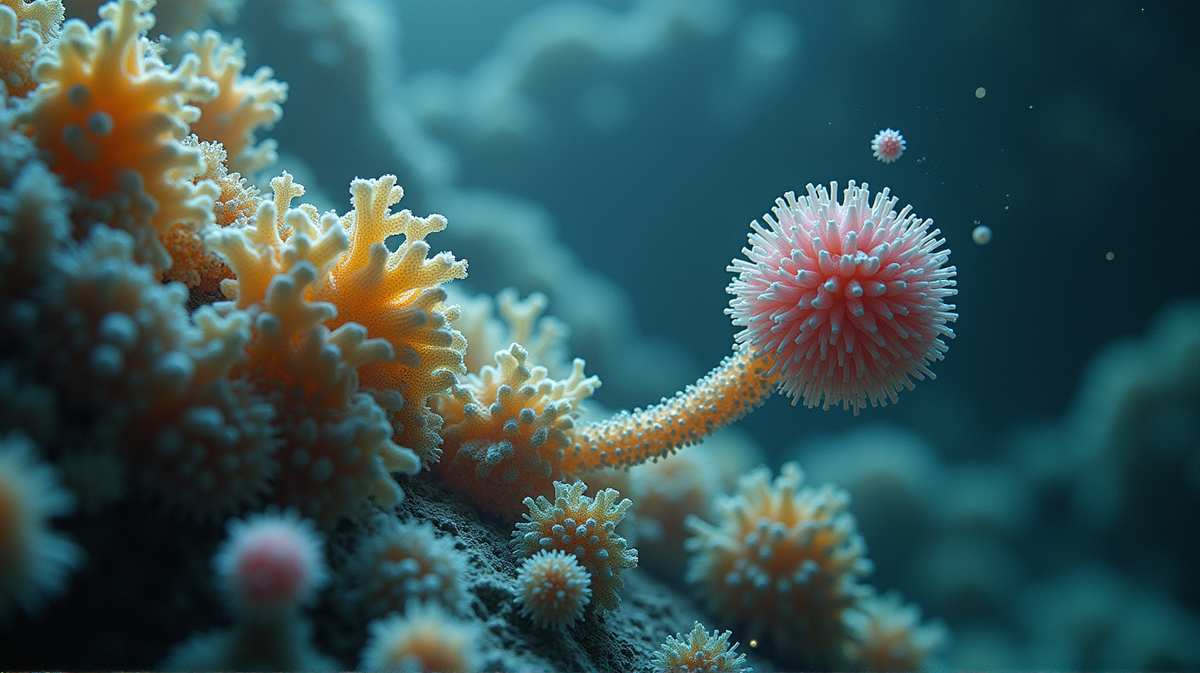AI Revolutionizes Antibiotic Discovery in Ancient Microbes
Scientists employ AI to unlock antibiotic potential of ancient microbes, offering hope in the fight against antibiotic resistance.

Unlocking Ancient Secrets
For billions of years, ancient microbes known as Archaea have thrived in Earth’s most extreme environments. This resilience is now leading scientists to unlock their secret biochemical defenses using artificial intelligence, providing new hope against the mounting threat of antibiotic resistance. According to Technology Networks, these ancient life forms are proving to be treasure troves in our fight against superbugs.
A New Frontier with Ancient Life
Distinct from bacteria, Archaea embody unique genetic blueprints, granting them survival in hot springs, deep-sea vents, and salt flats where few others can endure. Revealing unexplored domains, these ancient organisms present researchers with an exciting frontier to discover unique molecular tools, including promising antibiotic alternatives.
AI Leads the Hunt for Antibiotics
Researchers at the University of Pennsylvania have exploited an innovative AI tool, APEX, to comb through the genetic makeup of Archaea, identifying over 12,000 potential antibiotic compounds aptly named “archaeasins.” This ground-breaking approach accelerates the laborious journey of discovering antibiotics, transforming what was once a search for needles in a haystack into a systematic scientific expedition.
Promising Results in Early Tests
Initial laboratory tests revealed that archaeasins disrupted dangerous bacteria by scrambling their internal signals rather than attacking exterior defenses—a mechanism offering a unique advantage over existing antimicrobial peptides. Astonishingly, in trials against troublesome drug-resistant strains, archaeasins displayed robust activity, even rivaling last-resort antibiotics such as polymyxin B.
The Path Forward
Deeper insights into archaeasins’ underlying structures and their potential long-term efficacy and safety are now on the research horizon. The quest to understand and eventually incorporate these ancient biological marvels into modern medicine continues, aimed at human clinical trials and widespread therapeutic applications.
The Legacy of Archaea
Marcelo Torres, a lead researcher in the study, sums it up poignantly: “Archaea have much to teach us about outsmarting today’s pathogens.” By harnessing the wisdom encoded in these ancient life forms, researchers are setting a path toward more sustainable and innovative solutions to one of modern medicine’s most urgent challenges.





